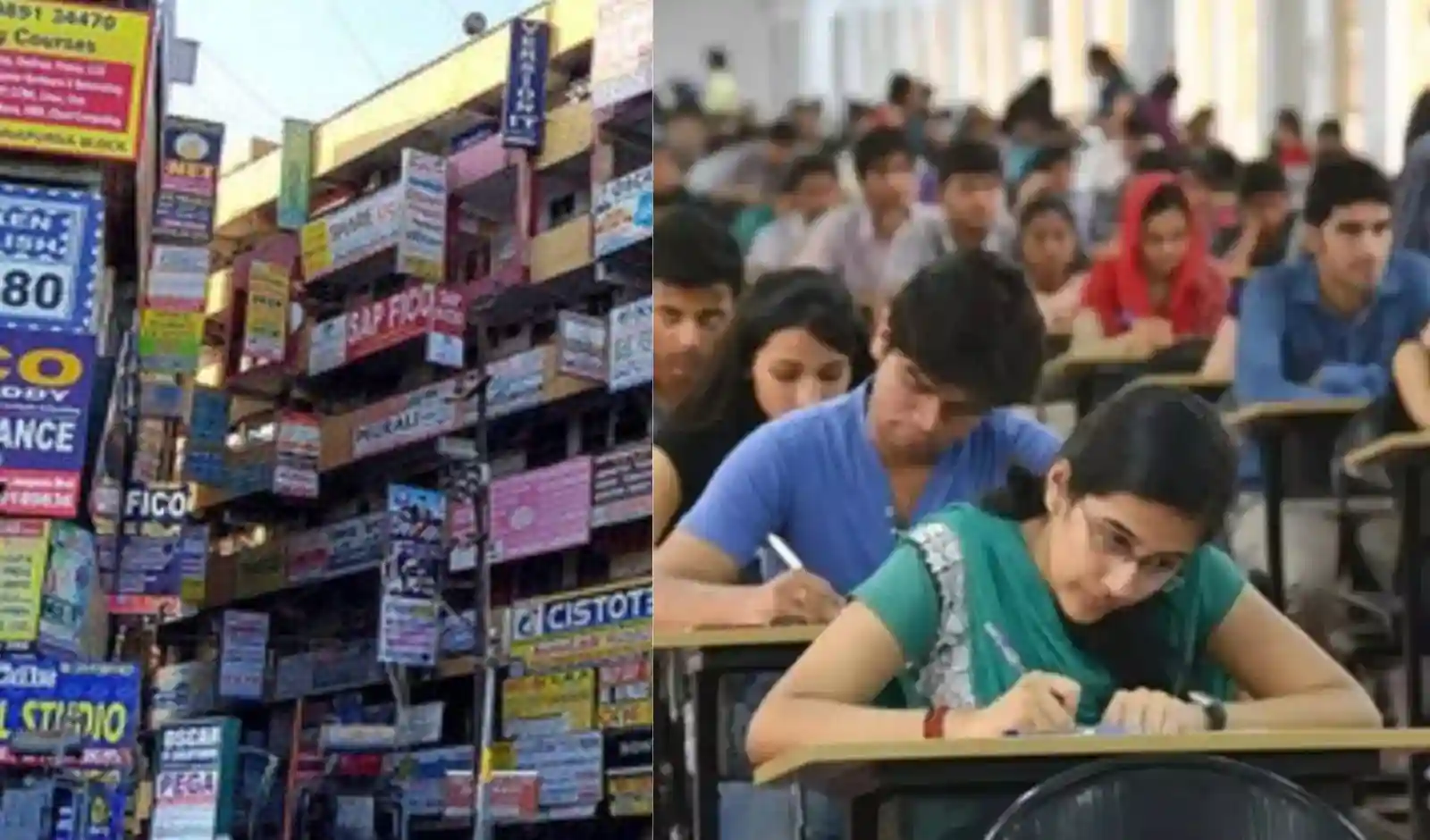
The central government is set to introduce a draft law for a single regulatory authority for higher education in India after five years, following the recommendations of the National Education Policy 2020. It will be presented in the winter session next month. This parliamentary committee is examining pedagogical aspects, activities, and existing laws, as well as discussing the formation of the Indian Council of Higher Education, which aims to improve the educational landscape.
The parliamentary committee has decided to review the proliferation of coaching centers to help students prepare for competitive exams and the social issues arising from this, especially amid rising incidents of student suicides due to stress. Additionally, the Standing Committee on Education, Women, Children, Youth and Sports will examine the impact of AI and the benefits of emerging technologies on education and students.
How Will the Parliamentary Committee Help Students?
According to a recent Lok Sabha bulletin, the Standing Committee has also decided to review the PM Schools for Rising India (PM-SRI) during the year 2025-26. The bulletin stated that the panel will review the proliferation of coaching centers to assist students in competitive examinations, the social issues arising from this, and the existing laws on this issue.
In the past few years, there has been a steady increase in student suicides, a matter of grave concern, and a parliamentary committee is continuously investigating and taking cognizance of the issue.
Among the cases of student suicides reported in the past few years due to pressure, many have been concentrated in Kota, Rajasthan, known as the coaching capital of India. Earlier this year, the Ministry of Education formed a nine-member panel to examine issues related to the effectiveness and fairness of entrance examinations, as well as the emergence of coaching and "dummy schools."
The Committee Will Study the Growth of The Coaching Industry
This parliamentary panel is currently studying the effectiveness and fairness of competitive entrance examinations in the context of the school education system and their impact on the growth of the coaching industry. During the year, the panel will also examine current practices and policies regarding school closures.
According to the Lok Sabha Secretariat, the parliamentary committee will review the functioning and performance of the National Council of Educational Research and Training (NCERT) and efforts to promote the education of linguistic and religious minorities.
Additionally, the parliamentary panel will seek details of the Ministry of Education's efforts to establish the Higher Education Council of India (HECI). A bill to establish a higher education regulator, which would replace bodies like the UGC, is listed for introduction in the winter session of Parliament, which is scheduled to begin on December 1.
The HECI, as proposed in the new National Education Policy, will replace the University Grants Commission (UGC), the All India Council for Technical Education (AICTE), and the National Council for Teacher Education (NCTE). The UGC oversees non-technical higher education, the AICTE oversees technical education and the NCTE is the regulatory body for teacher education. The parliamentary committee will also review the study of Indological educational traditions and their impact on the current education system.

